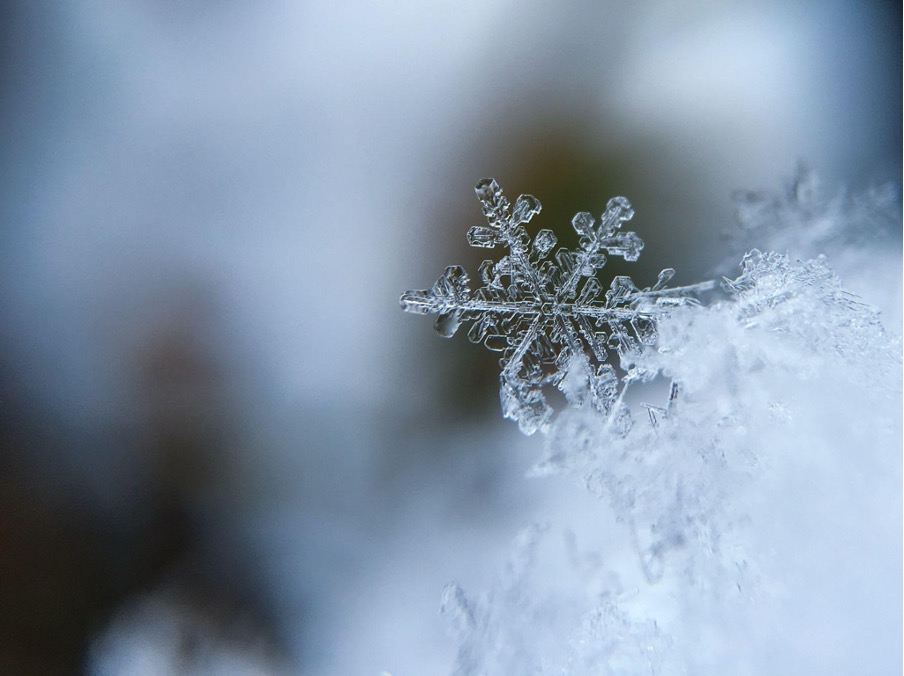Water is essential for human survival, especially for children who tend to be very physically active. Maintaining good hydration contributes to overall health and well-being, and it is important to remember that the risk of dehydration is not just limited to the summer heat. Good hydration is equally important during winter to support the body’s immune system and to ward off colds and the flu when we are most at risk. Hydration also ensures good skin health, contributes to energy, and aids in mental clarity.
Still, getting your kids to drink enough water can be a challenge; kids are not likely to drink unless they are hot, sweaty, or thirsty, which can present quite the task when it comes to adequate hydration.
Understanding Winter Hydration Needs For Kids
Maintaining fluid levels is critical to body function and living well, as the human body contains between 60% and 70% water. Correct hydration aids in food digestion and maintaining a healthy body temperature. The body also uses liquids to carry oxygen and nutrients to cells throughout, eliminate waste, and protect body tissue and organs.
Water also helps in maintaining mental function and performance. Dry winter air causes the lungs to work harder to maintain the body temperature, increasing the risk of dehydration. Heated environments, meanwhile, can also contribute to dehydration during the winter months, without moms and dads even realizing that there is a problem; naturally, we tend to feel thirst less in cold weather.
Parents may not initially notice the effects of a dehydration problem. Dehydration in infants can be easier to detect through a lack of tears, dry mouth, and wetting fewer diapers throughout the day. In smaller children, dehydration can be less obvious, although fewer toilet visits and irritability are often clues, while older children may complain of headaches, fatigue, dizziness, confusion, and worsening athletic performance, all indicative of a hydration problem.
Creative And Fun Hydration Strategies
Beginning to instill good drinking habits at a young age is essential. The amount of water intake one child needs will depend on the size and age of the individual, as well as the child’s activity level. Children under eight should drink 4 to 5 glasses of water daily, while six glasses or more are recommended for kids nine and older.
Consider these tips to get your kids drinking and hydrated this winter season:
- Give children a fun water bottle. Kids should be encouraged to select their bottle with a favorite design or color and be allowed to bring the bottle along
- Offer water at all meals and during snack breaks to encourage consumption
- Introduce warm beverages that children can enjoy. These might include fruity or herbal teas or a favorite soup or broth, especially at snack time
- Children may find water tastes boring and be reluctant to drink enough, in which case, infused water may be the answer. Not only will infused water bring benefits with natural flavor without added sugars, but it also offers several other benefits; water infused with spices, vegetables, fruit, or herbs, for example, will contain essential vitamins and minerals that contribute to increased nourishment. A mint water bottle or citrus fruit-infused water may be an ideal solution for kids who don’t like the taste of water
- If your kids prefer cold drinks – even during winter – you can consider Incorporating fruity ice cubes as an appealing beverage twist
Hydration Through Winter Activities
If your kids love outdoor activities, make it a point to invite them for a playtime snack that aids hydration. Breaks during sledding and snowman-building that include a warm drink or a piece of fruit are ideal as energizers. Not only will your kids benefit from increased hydration and perhaps a bit of warming up, but they will also get an energy boost during physical activities.
For kids involved in winter sports, hydration is critical for overall health. Cold outdoor air contains less vapor than warm air, so your children will lose some body fluids. Colder air can also increase breathing rates, contributing to fluid loss, and the cold can induce increased diuresis or urination, increasing the risk of dehydration if fluids are not replenished. Cozying up with warm beverages, including hot tea, hot chocolates, hot apple cider, and tisanes, are all excellent options for hydration breaks during physical activities in winter climates.
Choosing Hydrating Winter Foods
Serving hydrating foods is an excellent method for increasing your kids’ water intake without forcing them to drink water; including tomatoes and cucumbers during meals and snacks is ideal, as they are rich in water content with approximately 96% water. Other water-rich foods include citrus fruits, berries, and greens like spinach, bell peppers, cauliflower, avocados, celery, and watermelon.
Overcoming Hydration Challenges
Water has many roles in body function, from regulating body temperature to lubricating joints. We lose significant amounts of water through essential bodily functions, and dehydration becomes a problem when we lose more fluid than we take in.
While there is no evidence that cold water is a terrible choice, some kids may not want to drink any in winter weather, never mind an icy option. Room temperature water may solve the problem; drinking warm water or another warm beverage can still ensure hydration if your child resists a glass of cool water.
Indoor heating during winter weather can be a hidden source of dehydration. Unlike summer heat, which leaves one sticky and perspiring, indoor winter heat is generally dry, and one may not notice fluid loss as quickly. Long-term exposure to dry heat and dry air will contribute to dehydration. Space and room humidifiers can contribute to better air quality, and organizing regular drink breaks for children can combat long winter days spent indoors.
The winter season is also characterized by the flu and head colds. Water intake is critical if your child becomes ill, as fluids are vital not only for general health, but for recovery. The flu or a cold can make kids more susceptible to dehydration simply because they may not feel much like drinking or eating when sick. Vomiting, diarrhea, or excessive mucus production can also all cause kids to lose fluids very rapidly.
A sore throat can complicate matters, and cause risks to increase. Water is the best option for rehydration during illness, although significant illness and fluid loss will require the use of electrolyte replacements, which can be found at any pharmacy. A warm beverage may be soothing, and the steam may even aid decongestion. Fruits and vegetables high in water content, meanwhile, can also help replace fluids and introduce essential vitamins and minerals to speed up recovery.
A Vital Habit To Hone
Kids need generous amounts of fluids to remain healthy regardless of the season. Encouraging children to drink often and teaching them about hydration can go a long way in helping them develop good hydration habits and fight off illness year-round, especially when winter brings with it increased risks.










